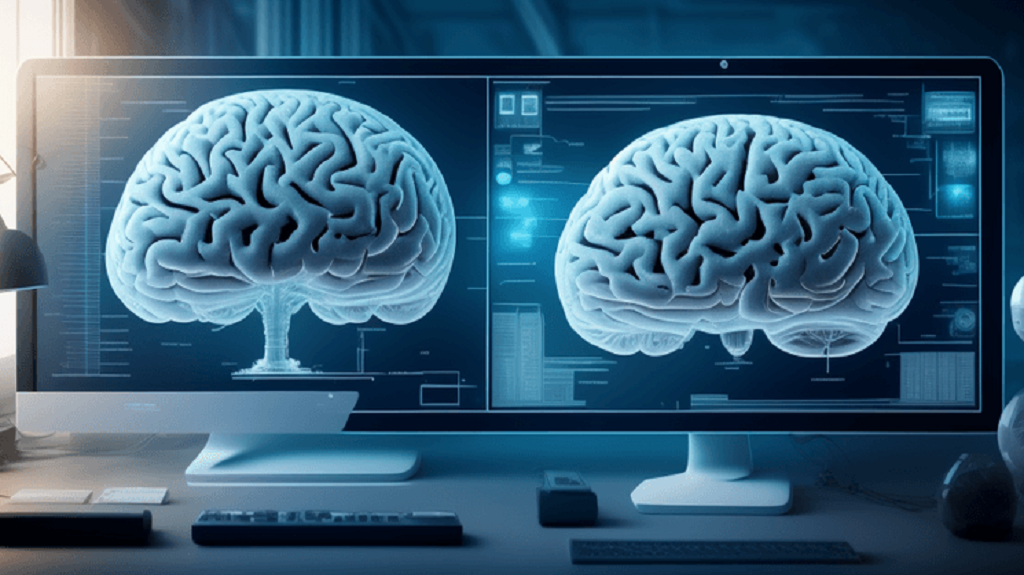AI (Artificial Intelligence) and quant (quantitative analysis) are distinct but related fields, each with its own focus, techniques, and applications in various domains. Here’s a breakdown of the key differences between AI and quant:
1. Focus and Purpose:
AI (Artificial Intelligence): AI is a broad field that focuses on creating intelligent agents or systems that can mimic human-like cognitive functions, such as problem-solving, learning, reasoning, perception, and language understanding. AI aims to develop machines that can perform tasks that typically require human intelligence.
Quant (Quantitative Analysis): Quantitative analysis, on the other hand, is a specific discipline within finance and data analysis. It involves the use of mathematical and statistical models to analyze financial markets, assets, and investment strategies. The primary purpose of quant is to make data-driven decisions in financial and investment contexts.
2. Techniques and Methods:
AI: AI encompasses a wide range of techniques, including machine learning, deep learning, natural language processing, computer vision, and robotics. AI models are often designed to adapt and learn from data, enabling them to make predictions, recognize patterns, and make autonomous decisions.
Quant: Quantitative analysis relies on mathematical and statistical methods to analyze financial data and develop trading or investment strategies. It involves techniques such as regression analysis, time series analysis, risk modeling, and optimization. Quants create mathematical models to assess market trends and risks.
3. Applications:
AI: AI has diverse applications across various industries. It is used in natural language processing (NLP) for chatbots and language translation, computer vision for image and video analysis, recommendation systems for personalized content suggestions, autonomous vehicles, healthcare diagnostics, and more.
Quant: Quantitative analysis is primarily applied in finance. It is used for portfolio optimization, risk management, algorithmic trading, pricing of financial derivatives, and the development of trading strategies. Quants aim to gain a competitive edge in financial markets through quantitative modeling and analysis.
4. Scope:
AI: AI is a broader field that extends beyond quantitative analysis. It encompasses general problem-solving abilities, pattern recognition, and machine learning techniques that are applicable to a wide range of domains.
Quant: Quantitative analysis is specialized and primarily focused on financial markets and investment strategies. Quants typically work within the finance industry, developing models and strategies to analyze and trade financial instruments.
5. Learning and Adaptation:
AI: AI systems can learn and adapt from data, making them capable of recognizing new patterns and adapting to changing conditions. Machine learning models, including deep learning neural networks, are central to AI’s ability to improve over time.
Quant: While quants use data to develop models and strategies, these models are often based on historical data and specific mathematical formulations. Quantitative models are less adaptive and may require periodic adjustments based on changes in market conditions.
Our mission at Equitysmith is to ensure our clients benefit from both AI and Quant. We’re leveraging AI foto create intelligent bots and trading systems that can perform a wide range of tasks across various domains. Increasingly we’ll be adding the power of quant to harness mathematical and statistical models to analyze financial markets and make data-driven decisions within the context of finance and investing. Through the combination of both fields of computational science, we’re creating an optimal blend of these emerging paradigms: quantitative technologies which incorporate AI techniques, such as machine learning, and AI which harness quantitative analysis to gain deeper insights for even more advanced trading strategies.
The DNA of Equitysmith Algo Labs
Milestones in AI and Quantitative Research In the dynamic and ever-evolving world of artificial intelligence (AI) and quantitative analysis,
AI and Quant: What’s the difference?
AI (Artificial Intelligence) and quant (quantitative analysis) are distinct but related fields, each with its own focus, techniques, and
AI is Transforming the Accounts of Traders and Retail Investors
Artificial Intelligence (AI) has been making significant strides across various industries, and the financial world is no exception. As




